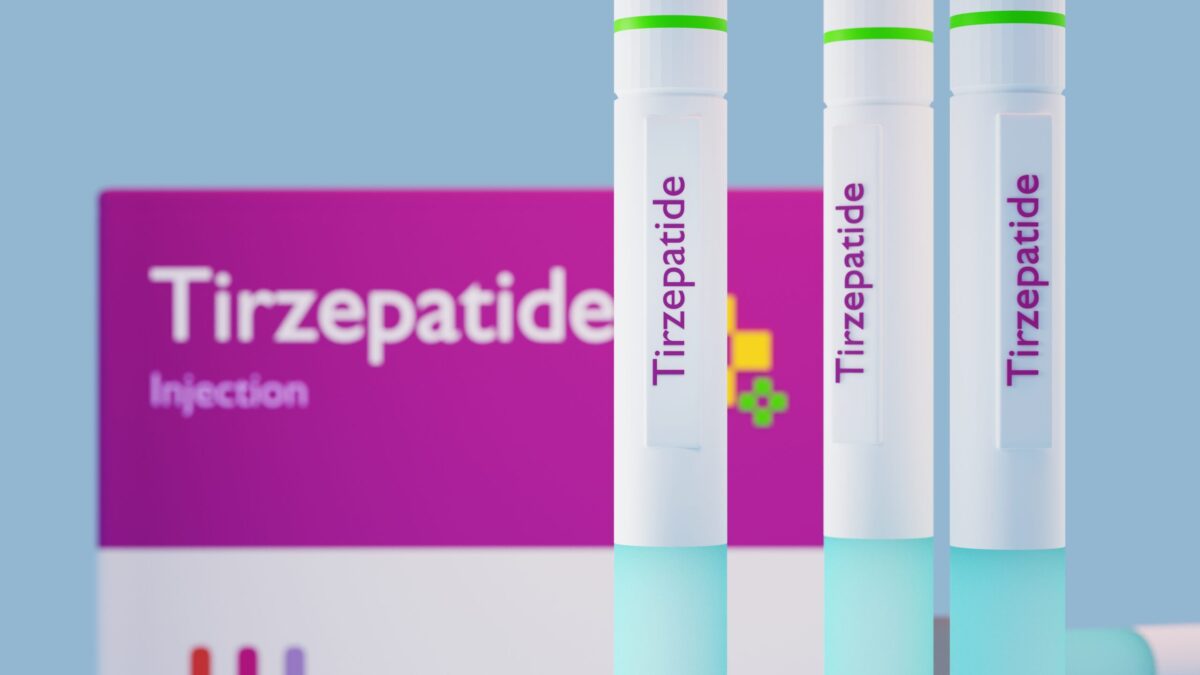A Phase I clinical trial of Protagonist Therapeutics’ biologic drug PTG-300, has commenced in a cohort of healthy volunteers. The peptide drug mimics the action of the protein hepcidin, which plays a role in controlling serum iron levels.
Protagonist is assessing PTG-300 as a potential treatment for rare diseases characterized by iron overload, such as beta-thalassemia, myelodysplastic syndrome, and hereditary hemochromatosis. Iron overload has been linked with a number of negative health outcomes including organ damage, heart failure and premature death.
The experimental therapy has shown promising results in preclinical models of beta-thalassemia, which affects around 15,000 patients in the US. The rare genetic blood disorder is characterized by underproduction of the oxygen-carrying molecule hemoglobin, which results in poor oxygen delivery to tissues around the body.[G1]
“We are pleased with the pre-clinical data for PTG-300, which has shown efficacy in a beta-thalassemia mouse model and demonstrated a dose-dependent reduction in serum iron levels across three different healthy animal species,” said Dr. Dinesh V. Patel, President and Chief Executive Officer, Protagonist Therapeutics. “The initiation of this study marks the progression of Protagonist’s second drug candidate into clinical development, and we remain on track to have three different assets in our clinical pipeline by the end of 2017.”
As well as assessing the safety and tolerability of PTG-300, the Phase I clinical trial will evaluate the pharmacokinetics of the biologic. The study will also involve injecting healthy participants with escalating doses of the drug to determine the effect of the hepcidin mimetic peptide on serum iron levels.
PTG-300 was discovered using Protagonist’s proprietary technology platform designed to develop peptide-based therapies. According to the company, results from this early clinical trial will likely be released in late 2017.












Join or login to leave a comment
JOIN LOGIN